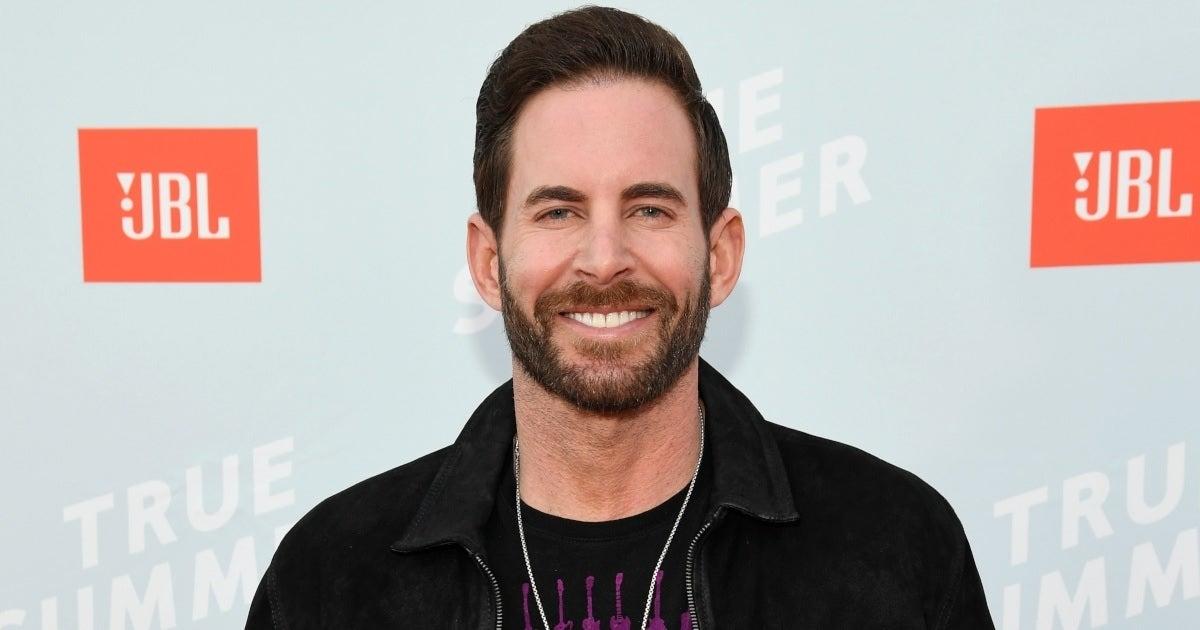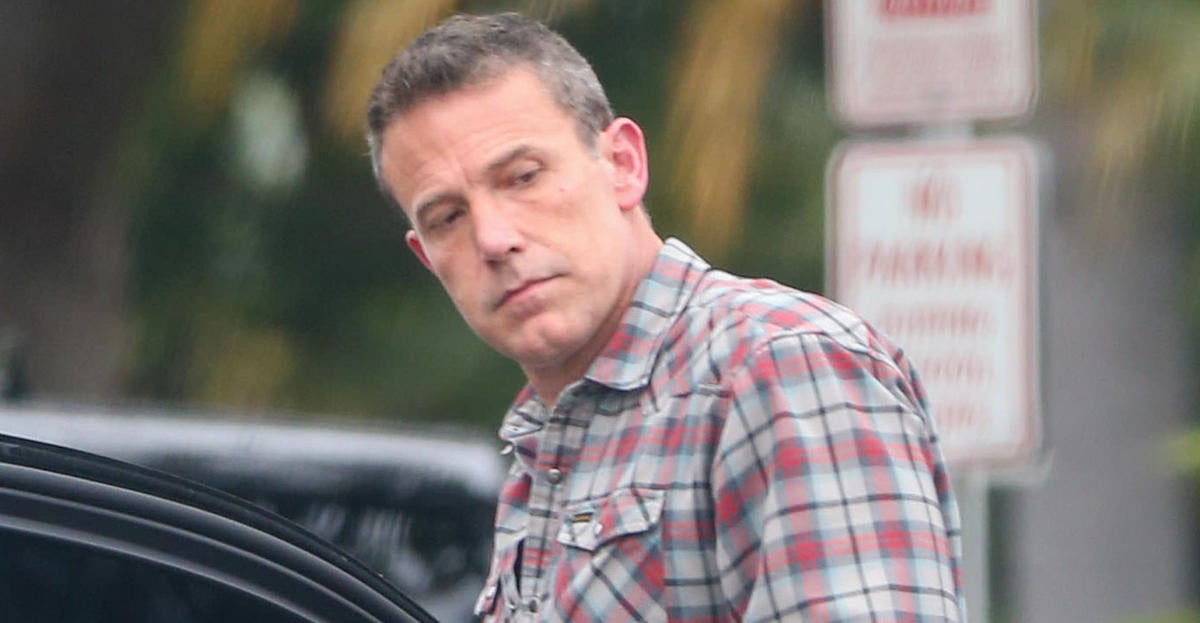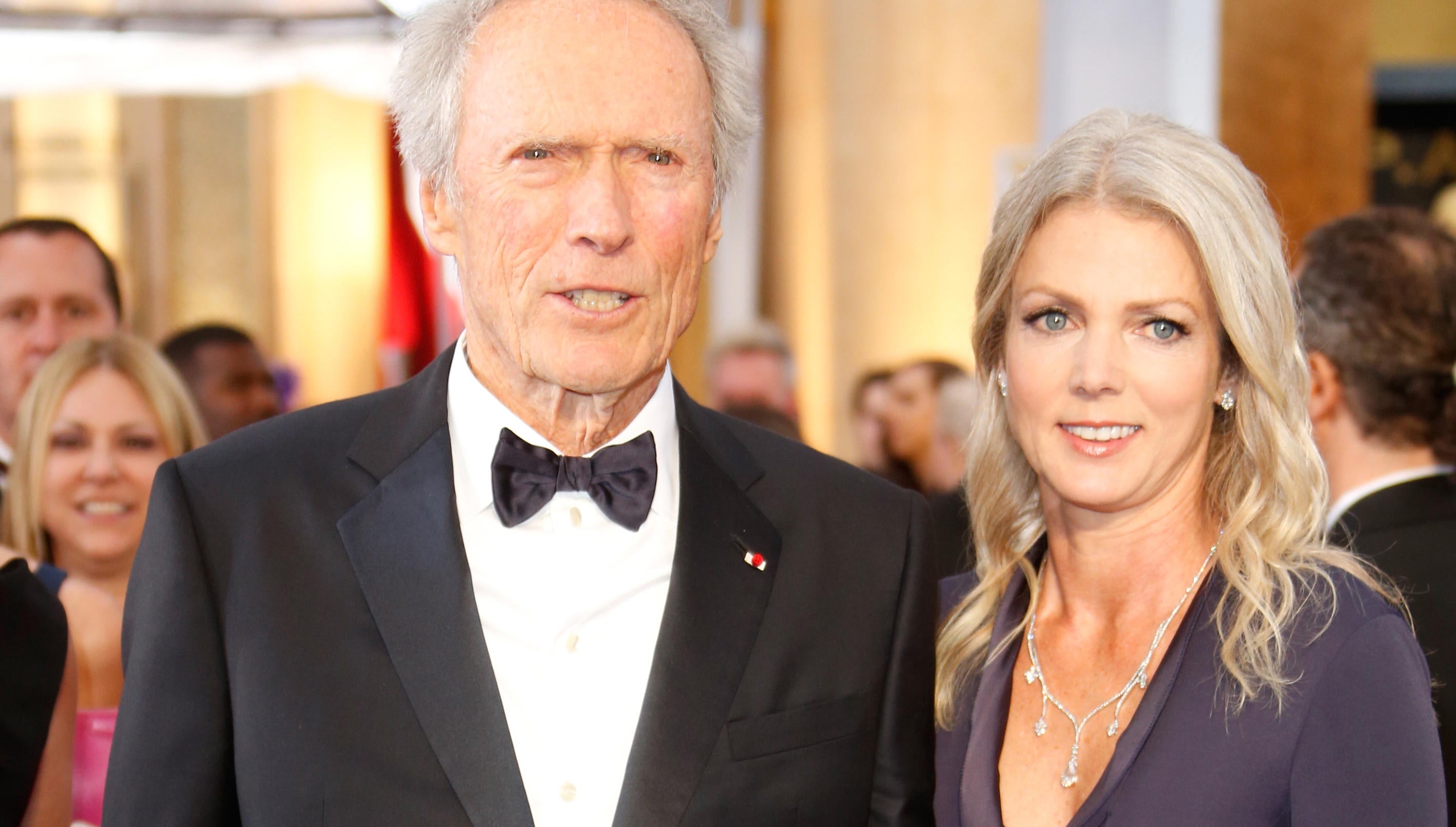Burt Bacharach, Legendary Pop Music Songwriter, Dead at 94
Burt Bacharach, the legendary composer behind countless classics, has died. He was 94. Bacharach died Wednesday of natural causes at his home in Los Angeles, his publicist, Tina Brausam, said Thursday.
Bacharach's successful collaboration with Hal David during the 1960s led to dozens of hits performed by Dionne Warwick, Andy Williams, The Drifters, Richard Chamberlain, Gene Pitney, Doris Day, B.J. Thomas, and Cilia Black. Warwick, who recorded "Walk on By," "Don't Make Me Over," "Anyone Who Had a Heart," and "I Say a Little Prayer," was Bacharach's favorite performer and pushed him to experiment with form in new ways. The Bacharach-David partnership also produced Jackie DeShannon's hit "What the World Needs Now Is Love," Tom Jones' "What's New Pussycat?," Dusty Springfield's "The Look of Love," and Engelbert Humperdink's "I'm a Better Man (For Having Loved You)."
Bacharach's music was also unavailable at the movie theaters. He won two Oscars for his contributions to the 1969 classic Western Butch Cassidy and the Sundance Kid, one for his score and a second for the song "Raindrops Keep Fallin' On My Head." In 1982, he won a third Oscar for "Arthur's Theme (Best That You Can Do)," which he wrote with Carole Bayer Sager, Christopher Cross, and Peter Allen. Bacharach and David also shared Oscar nominations for "What's New, Pussycat?," "Alfie," and "The Look of Love."
Bacharach also won an Emmy in 1971 for the variety special Singer Presents Burt Bacharach, and eight Grammy Awards. Just last year, he scored a nomination for Best Musical Theater Album for Burt Bacharach and Steven Sater's Some Lovers. In 2008, he received a lifetime achievement award from the Grammys.
Bacharach was born on May 12, 1928, in Kansas City, Missouri, but grew up in New York City. He developed a love for music in high school, but he was drafted into the Army during the Korean War. He served in Germany, where he met singer Vic Damone. After serving, he studied at McGill University in Montreal, Tanglewood Music Center in Massachusetts, and the Mannes School of Music in New York. He then toured with Damone and became the conductor and arranger for Marlene Dietrich.
Bacharach soon landed at the historic Brill Building in New York City and began working with David in 1957. After some early successes, they discovered Warwick and found instant success with "Don't Make Me Over." Warwick went on to score eight more Top 10 singles with Bacharach-David songs.
"Dionne had this kind of voice that let me challenge her from session to session," Bacharach once told The Hollywood Reporter. "I could do one thing; I could see she was capable of that and say, 'She can do more than that – she can sing louder, she can sing softer, she can sing in a wider range' ... so it enabled me to stretch."
After his partnership with David ended in the early 1970s, Bacharacter continued writing and recording hits with a wide variety of artists from every genre. In 1998, he even recorded an album with Elvis Costello. He also co-wrote "That's What Friends Are For" with Bayer Sager, winning the 1987 Grammy for Song of the Year.
Bacharach was married four times, first to Paula Stewart from 1953 to 1958, then to Angie Dickinson from 1965 to 1980. He married Bayer Sager in 1982, and their marriage ended in divorce in 1991. In 1993, he married Jane Hansen. Bacharach is survived by Hansen and their children Oliver and Raleigh; and son Christopher, whom he shares with Bayer Sager. Bacharach and Dickinson were also parents to daughter Nikki, who died of suicide in 2007 at age 40.




